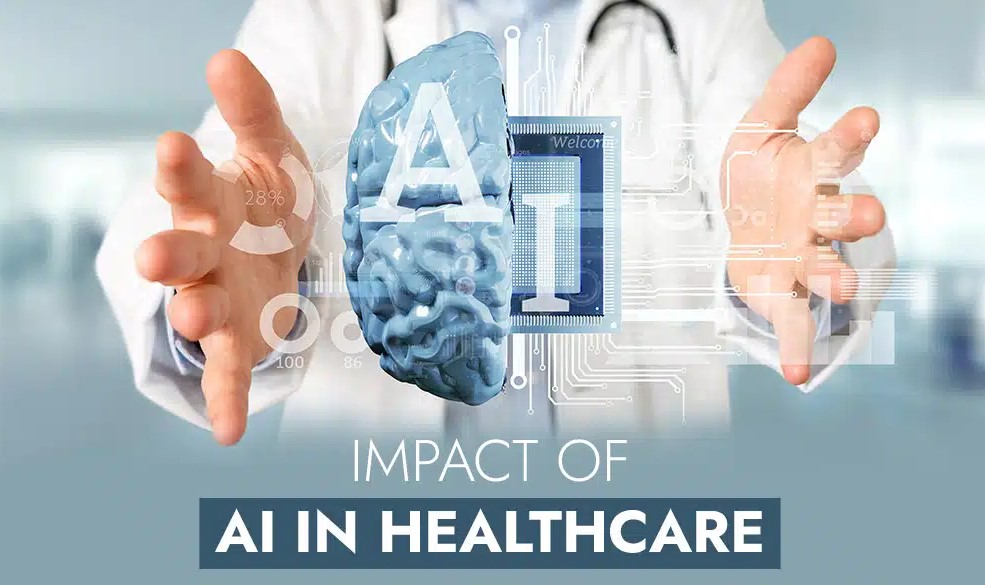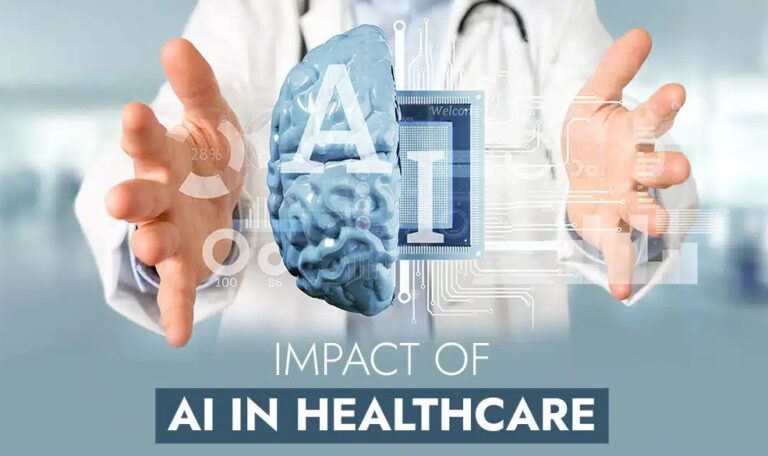
In today’s digital era, Artificial Intelligence (AI) is transforming every industry, and healthcare finance is no different. When hospitals and insurance companies want to manage healthcare services efficiently, AI is emerging as a game-changer. Based on my 13 years of SEO and digital marketing experience, I have seen AI having a deep impact on healthcare finance. It is not just a trend, but a revolution that is improving cost reduction, fraud detection, and patient experience. But the question arises, how is AI having such a big impact on healthcare finance? Let’s explore it in detail.
New Era of Cost Reduction and EfficiencyThe biggest advantage of AI is that it reduces costs by automating manual processes. Earlier, patient billing, claim processing, and financial reporting were very time-consuming for hospitals and insurance companies. But AI-based algorithms analyze them in real-time and detect errors. For example, through predictive analytics, it can be found out which patient needs which treatment and what will be its estimated cost. This also reduces fraud cases as AI can instantly detect duplicates and fake claims. This technology not only increases efficiency but also reduces human errors, which ultimately is a boon for healthcare finances.
Excellent Improvements in Fraud Detection and Risk Management
Healthcare finance fraud is a major problem that causes billion-dollar losses each year. But AI-based fraud detection tools are dramatically reducing the problem. Machine learning and deep learning algorithms analyze historical data to detect patterns that help identify fraudulent transactions. I have seen AI-powered systems flag suspicious activities through real-time monitoring much faster and more accurately than manual review. AI is also useful for risk management, as it can predict financial risks and suggest strategies to mitigate them. These advancements not only ensure financial stability but also increase the trust of healthcare providers and insurance companies.
Makes Patient Payment Systems Smart and Seamless
Another major impact of AI is making patient payment systems smart and seamless. Earlier, patients had to face a lot of trouble in processing their hospital bills and insurance claims. But AI-based chatbots and automated billing systems are making this process easier. Today, intelligent chatbots give patients real-time updates about their payment plans, due dates, and insurance coverage. Machine learning algorithms analyze payment behavior and suggest personalized payment plans, which reduces the financial burden. AI-driven voice assistants are also handling billing and claim inquiries, which is further improving the patient experience. In this way AI is taking healthcare finance to a new and smart level.
Increasing Role of Healthcare Revenue Cycle Management
Revenue Cycle Management (RCM) is a crucial part of healthcare finance, in which AI is playing a huge role. AI-driven RCM systems are streamlining claims processing, payment collections, and financial reporting. Earlier, insurance verification and claim approvals used to take a lot of time, which has now become real-time due to AI. I have seen AI analyze claim denials through predictive analytics and identify reasons and suggest to hospitals how they can be reduced. This reduces the revenue losses of hospitals and improves their cash flow. AI-driven automation not only improves operational efficiency but also improves financial planning, which is essential for long-term sustainability.
Conclusion
AI is not just a technological advancement but the foundation of the future of healthcare finance. It is revolutionizing crucial areas such as cost reduction, fraud detection, risk management, and revenue cycle management. Based on my experience, it would not be wrong to say that healthcare institutions that are adopting AI will be ahead of others in terms of financial stability and efficiency. But, human expertise is also essential to successfully implement AI so that this technology can be utilized best. Overall, AI is transforming the healthcare finance landscape, and it is going to become even more advanced in the times to come. If we use this technology correctly, we can take healthcare finance to a new and sustainable level.

